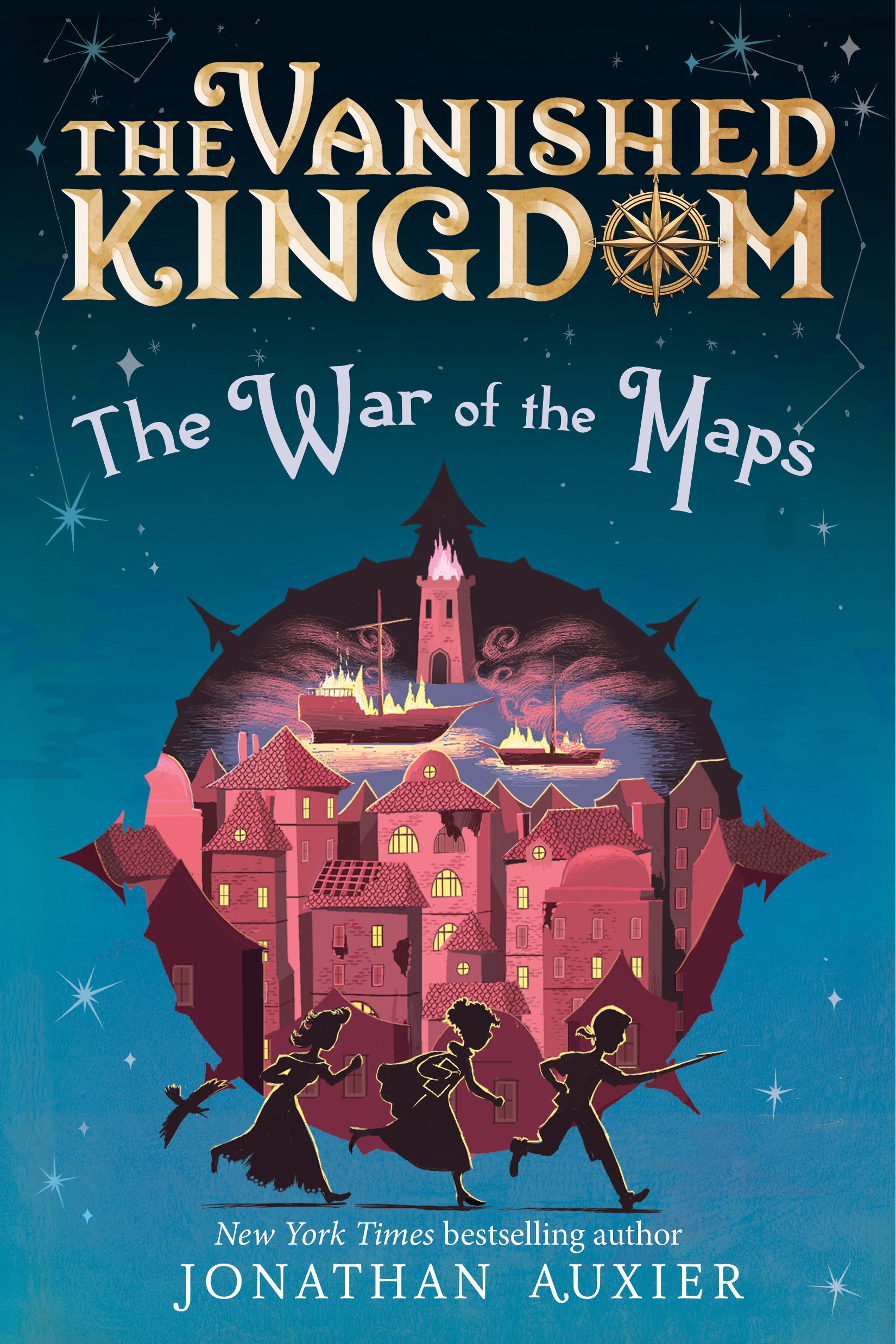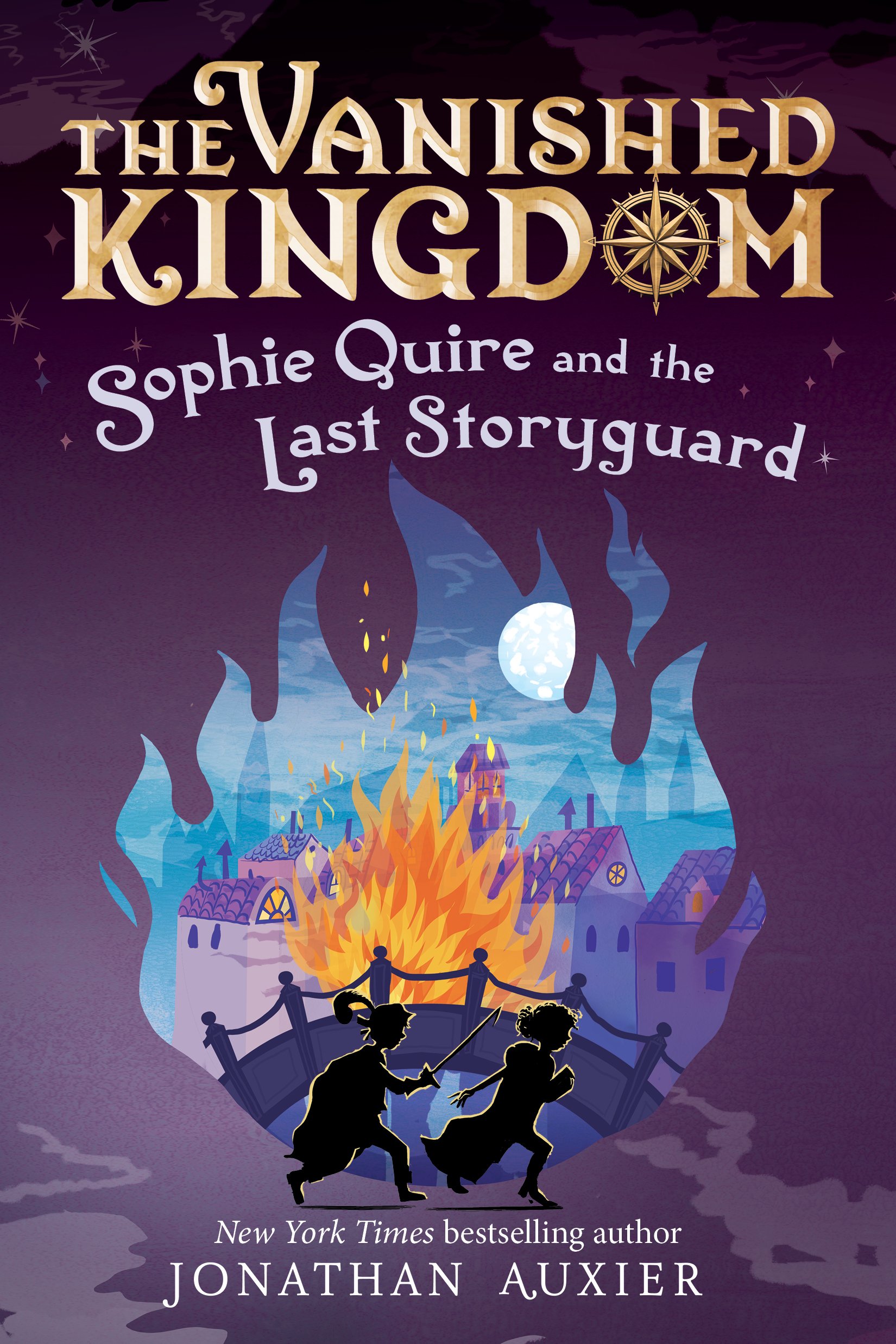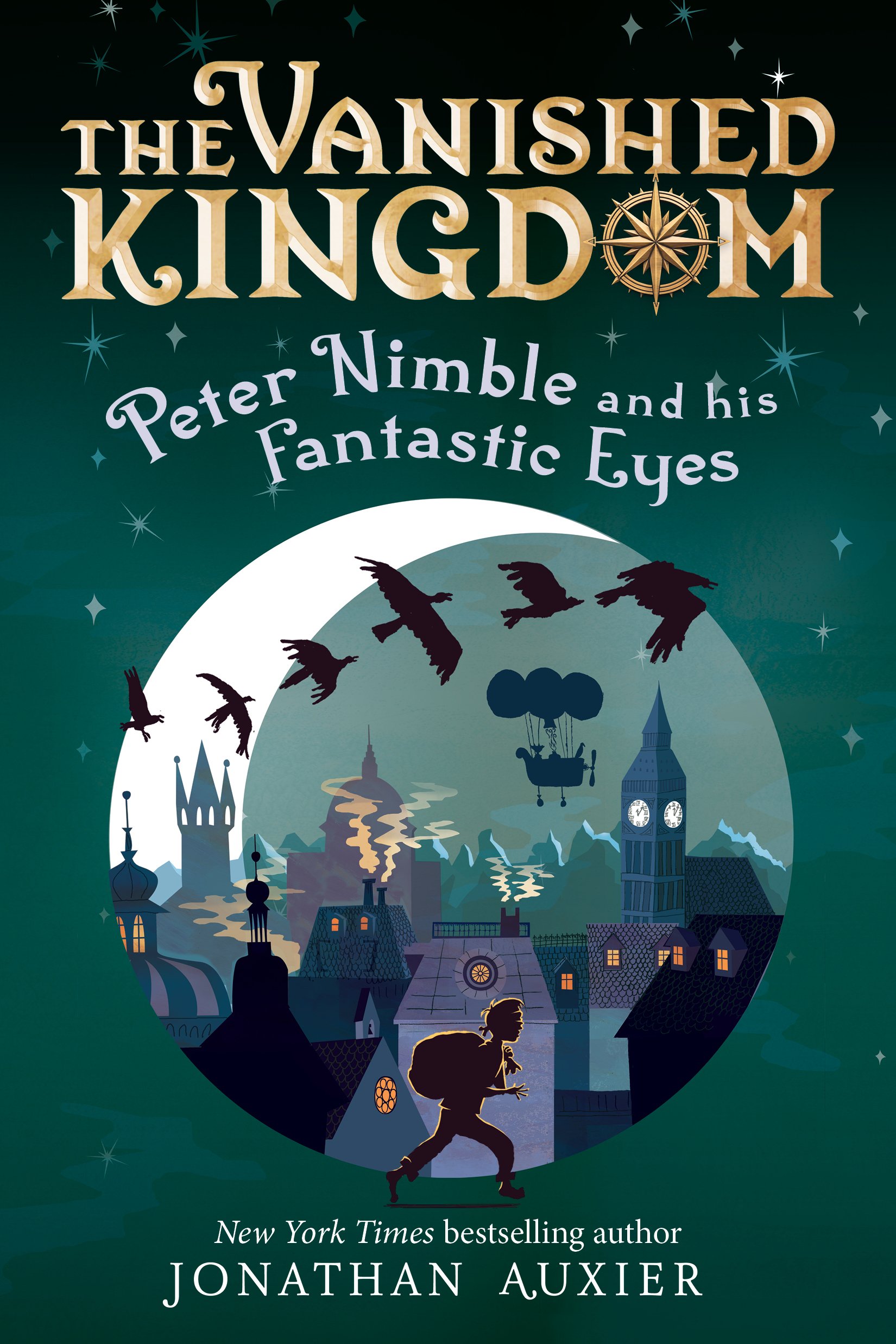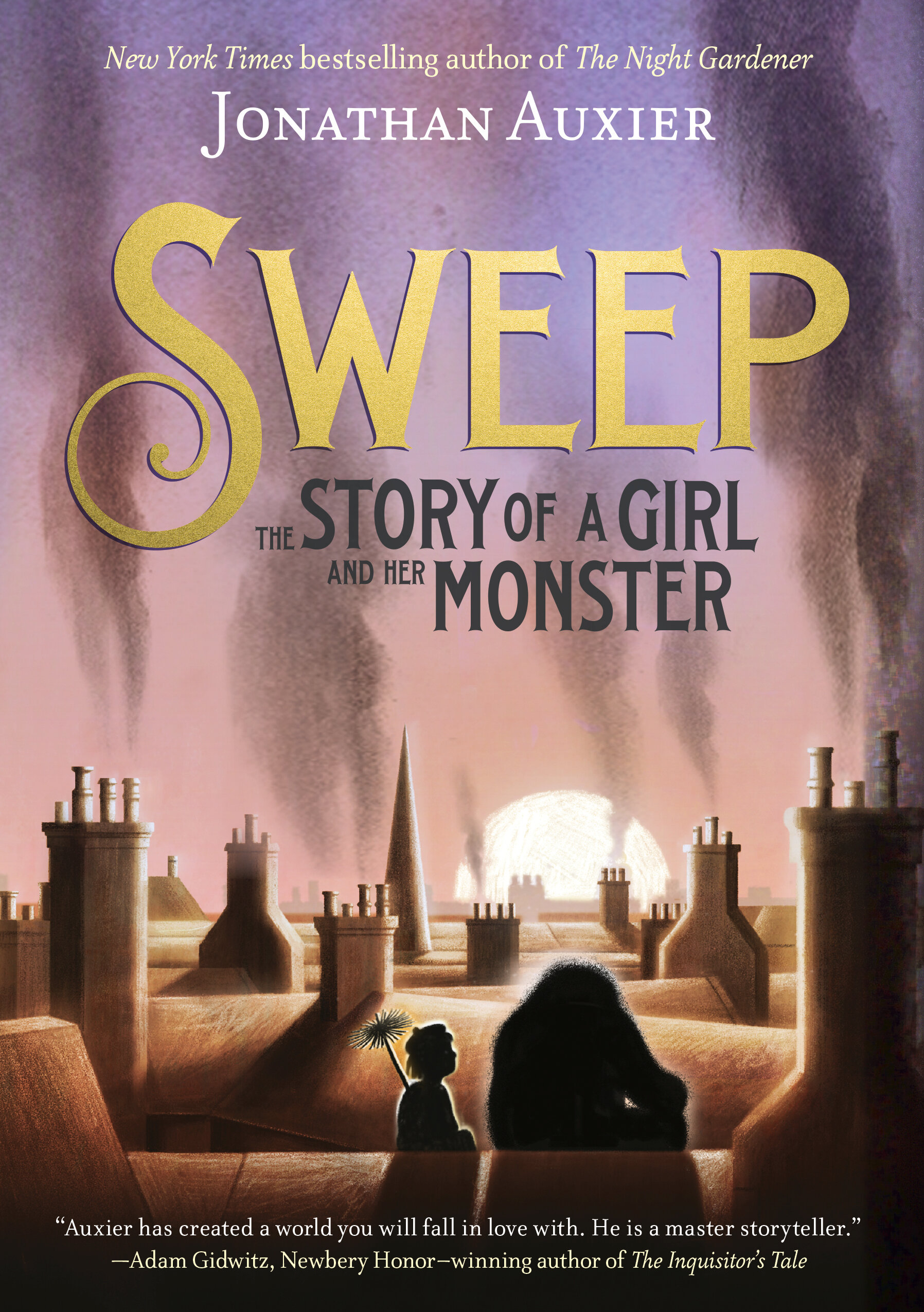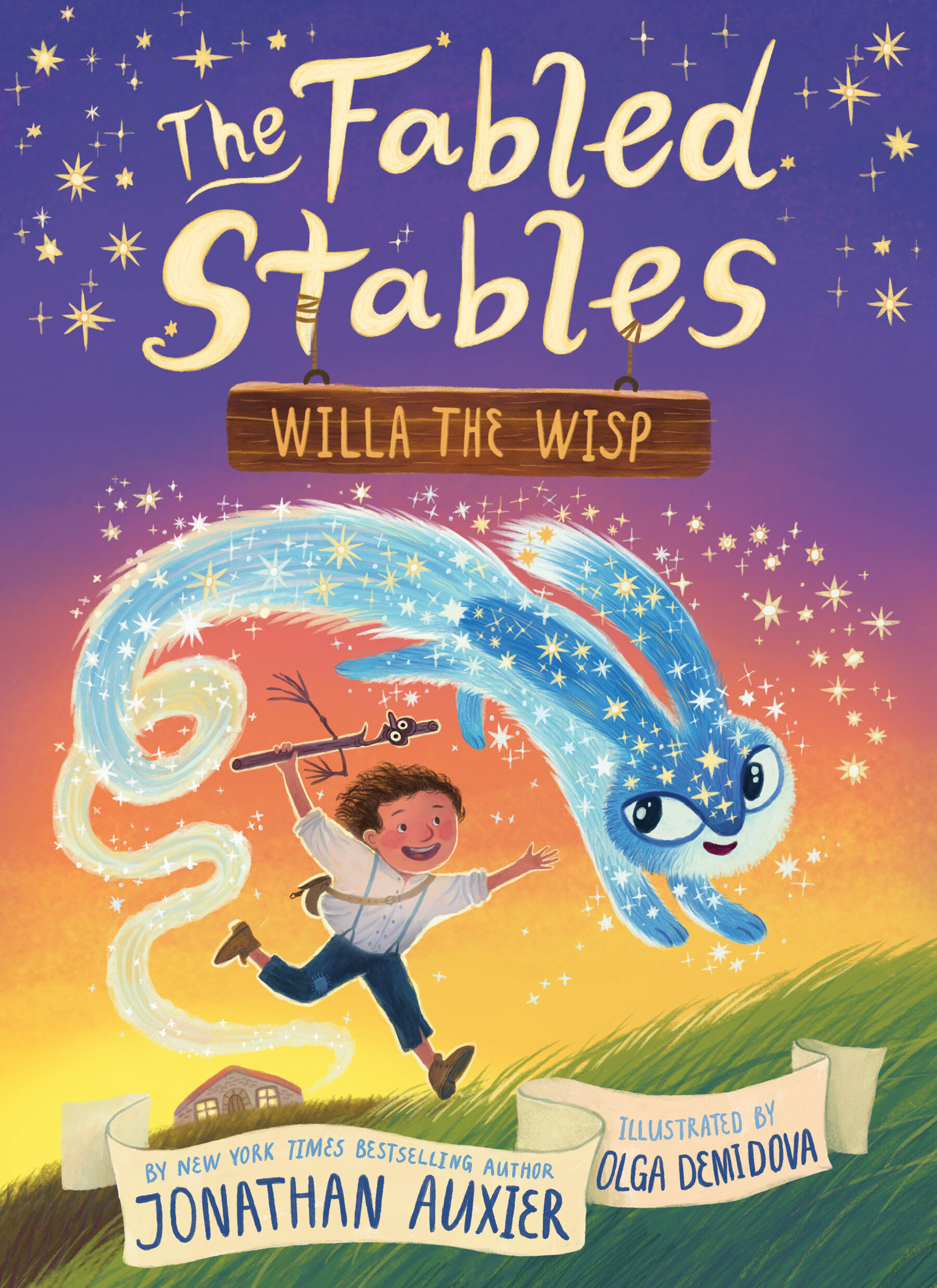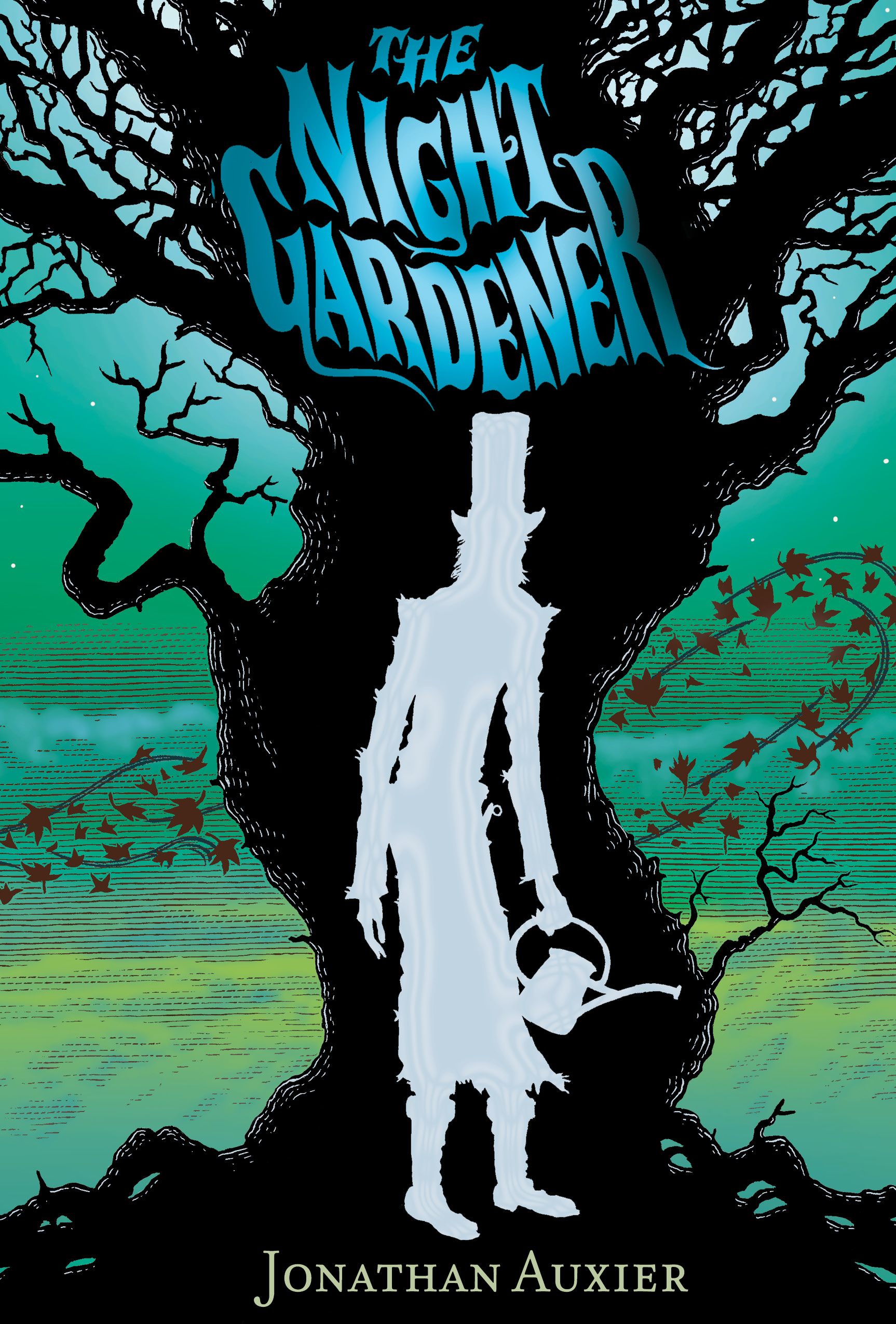Piglet and Wilbur and Pinky
/Today I thought I'd talk about the last couple of books Mary and I have been discussing in our Children's Literature class. We rounded up the first half of our semester with a few books about animals -- specifically, Winnie the Pooh, Charlotte's Webb, and A Day No Pigs Would Die.
Winnie-the-Pooh by A.A. Milne
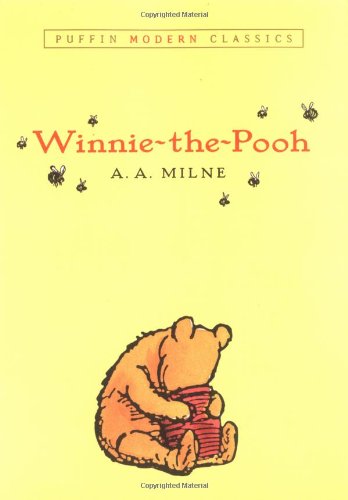 This book marked a change from previous texts in the course. While still being British, Pooh has very little to do with colonialism or moral instruction. Instead it's just a great big exercise in adorableness. "How adorable," you ask? I defy you to read this page and not smile.
This book marked a change from previous texts in the course. While still being British, Pooh has very little to do with colonialism or moral instruction. Instead it's just a great big exercise in adorableness. "How adorable," you ask? I defy you to read this page and not smile.
I once had a friend observe that -- other than the wind -- Winnie-the-Pooh is an adventure without an antagonist. I think that's by design. There's a lot to be said about the fact that this book was published in the shadow of World War I. It's a safe bet that most of Milne's readers were the children of veterans, and I can imagine those parents embracing the idea that their progeny were somehow too innately good to ever march into war. In this way it sort of acts as a critique for the bloody adventures of a Peter Pan or Rover Ralph -- whereas those characters romanticize violence, Christopher Robin illuminates the beauty of real-life child's play.
Charlotte's Web by E.B. White
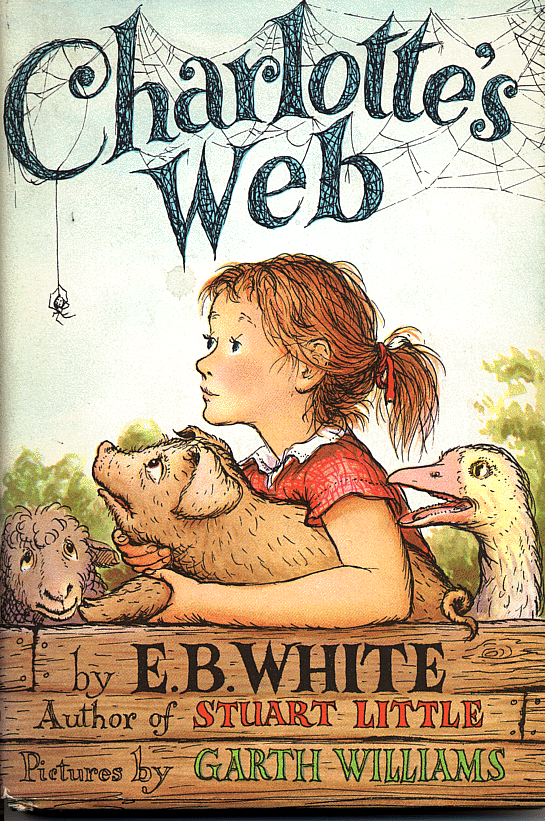 I think there's some interesting stuff in the gap between Pooh and Charlotte's Web. Like the previous novel, this, too, was written after a World War -- but it was a bigger war that changed the landscape in even more terrifying ways. It's one thing to indulge in a little escapism after fighting the Kaiser, but doing so after Hitler and "The Bomb" somehow feels like poor taste. Instead White gives us a book full of compassion -- but not so much that it ignores the reality of death.
I think there's some interesting stuff in the gap between Pooh and Charlotte's Web. Like the previous novel, this, too, was written after a World War -- but it was a bigger war that changed the landscape in even more terrifying ways. It's one thing to indulge in a little escapism after fighting the Kaiser, but doing so after Hitler and "The Bomb" somehow feels like poor taste. Instead White gives us a book full of compassion -- but not so much that it ignores the reality of death.
"Hang on," you might be saying. "If Charlotte's Web is aiming for 'reality,' why all the talking animals?" I think White knew that the impact of animal deaths would only land if we cared for them as we would humans -- which he could only do by making them talk. Through fantasy, White makes his story feel realer than real-life. If you ask me, that's a pretty neat trick.
A Day No Pigs would Die by Robert Newton Peck
 This third book wasn't one we could fit into the course for time-reasons. That's a pity because A Day No Pigs Would Die is a truly wonderful book that doesn't get its due. It's pretty much the exact same story from Charlotte's Web, but now all bits of fantasy have been stripped away -- including the fantasy that a farm animal can avoid death. It is a profoundly-moving book about a Shaker boy and his doomed pet.
This third book wasn't one we could fit into the course for time-reasons. That's a pity because A Day No Pigs Would Die is a truly wonderful book that doesn't get its due. It's pretty much the exact same story from Charlotte's Web, but now all bits of fantasy have been stripped away -- including the fantasy that a farm animal can avoid death. It is a profoundly-moving book about a Shaker boy and his doomed pet.
I first became aware of Day when I taught reading classes to middle-schoolers. Anyone who's taught that age knows that they can be a pretty jaded group -- add to this the fact that this was a summer class that my students were being forced to addend and you've got a pretty hostile audience. This book changed all that. Students read and discussed the novel over the course of a week, and on the final day, I read the last chapter aloud to them ... without fail, every kid in the room was a sobbing mess. Awesome.
So that ends the first half of our semester! Later in the week, I'll unveil the next chunk of books, which will take us into the scary land of YA. Until then!



